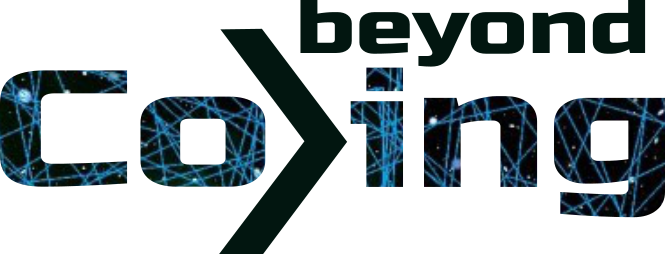Software-Entwicklung der Zukunft
Beyond Coding – Software-Entwicklung der Zukunft – focuses on two key competencies of software developers of the future (i) mastering the complexity of modern, heterogeneous and hyper-connected software systems, while integrating (ii) secure development practices throughout the entire product lifecycle, taking into account new methods and application possibilities from the fields of artificial intelligence as well as security and resilience research.
In a challenging, varied, and practical training approach, the goal is to enable experienced developers to integrate key technologies into their organizations and build modern software systems that remain efficient, agile, and secure over the long term.

Motivation
The complexity and rapid development of new technologies and paradigms is hardly manageable, even for motivated and innovative developers, and it is practically impossible to assess and classify them in an overall context. This observation by author Hilko Holweg, from an article published in 2019, forms one of the basic considerations for the Beyond Coding qualification network. However, this assessment is not new and was already described in 1968 under the term software crisis.
50 years later, this situation has not improved significantly. On the contrary, massive networking and increasing modularization have exacerbated the problems of budget overruns, security gaps and interoperability. At the same time, the number of new paradigms, architectural concepts, modeling approaches, and programming languages is accelerating. Even dedicated developers are often no longer able to keep track of the abundance of technologies available to them, risking not only market losses but also fundamental security vulnerabilities in their systems due to the lack of expertise.
Project Outline
We address the core challenges of complexity, innovation density and lack of attention to secure software development in our remotely planned project Beyond Coding. We focus on those future key technologies (e.g. programming languages like Go, TLA+, machine learning, cloud development) that will change the software domain in a trendsetting way. In addition, participants will be taught how to establish these key technologies in the company and how to build complex software systems that remain efficient, agile and secure in the long term. These focal points, in combination with modern didactic and technical delivery methods (adaptive video materials, interactive exercises, virtual training, etc.), make our course offering future-oriented and practically applicable.
Project Team
The project is led by SBA Research. Through a balanced mix of teaching-experienced researchers and practice-experienced experts from SBA Research, the Johannes Kepler University Linz, the University of Applied Sciences St. Pölten and selected lecturers from the business world, a unique and comprehensive training program has been developed.
Further Information
- The initiative R&D Competences for Industry of the Federal Ministry for Digital and Economic Affairs (BMDW) supports measures in companies for the systematic development and qualification of their research and innovation staff and promotes cooperation between companies and tertiary education and research institutions. The focus of the initiative is on small and medium-sized enterprises (SMEs).
Contact
This project is funded by the FFG.